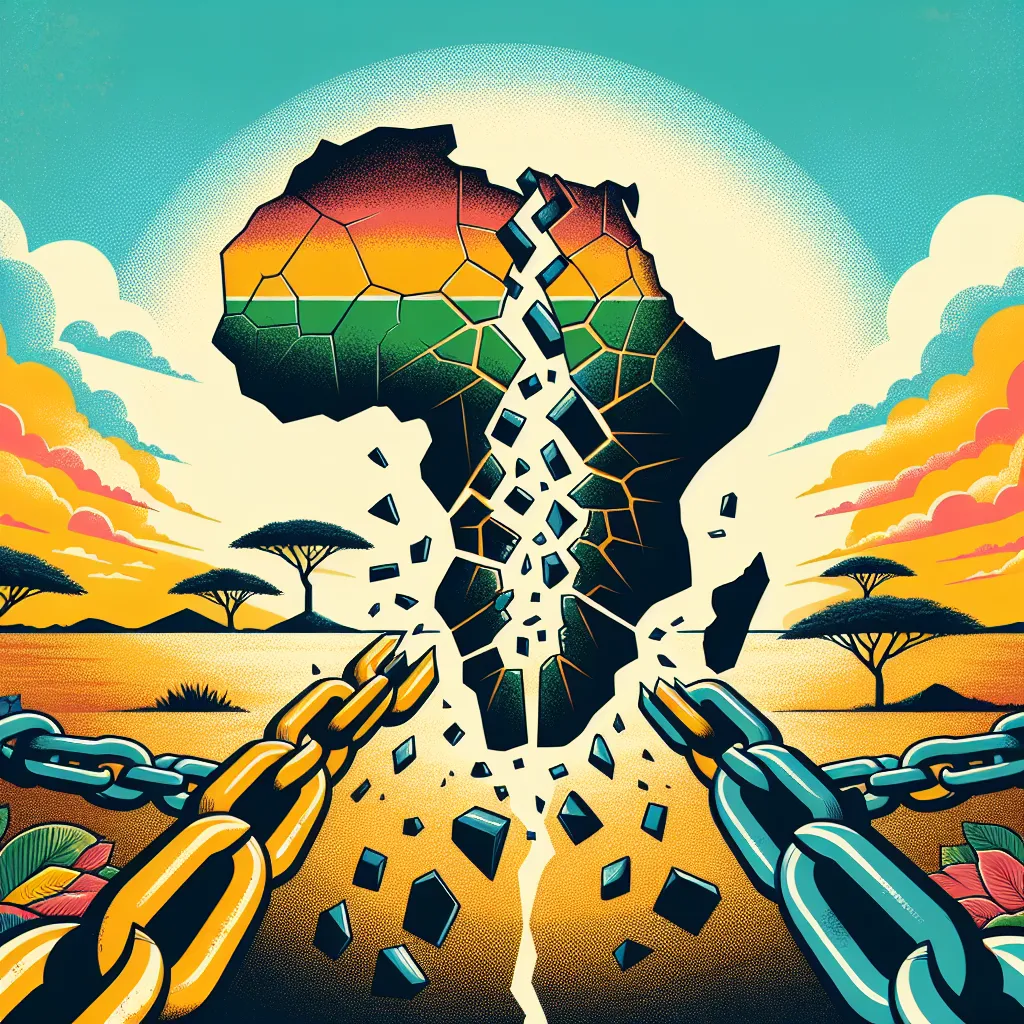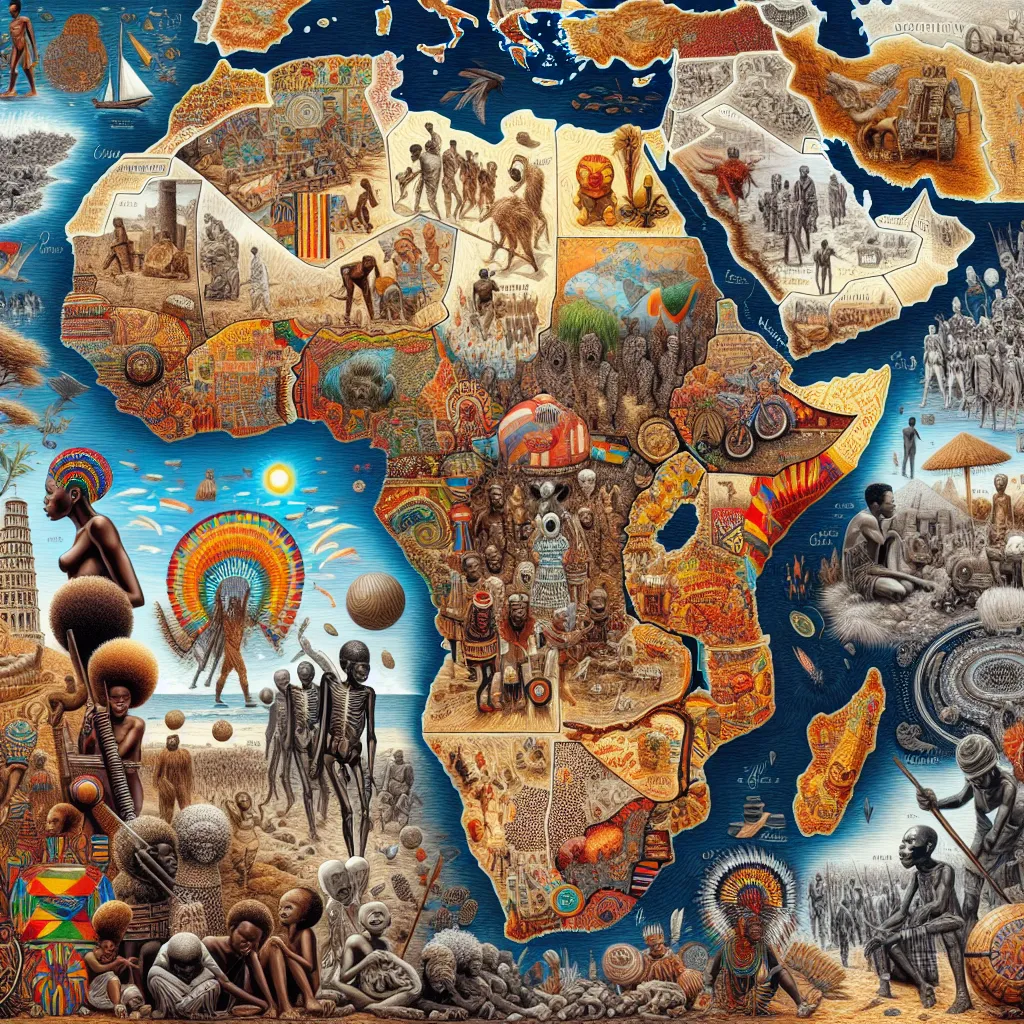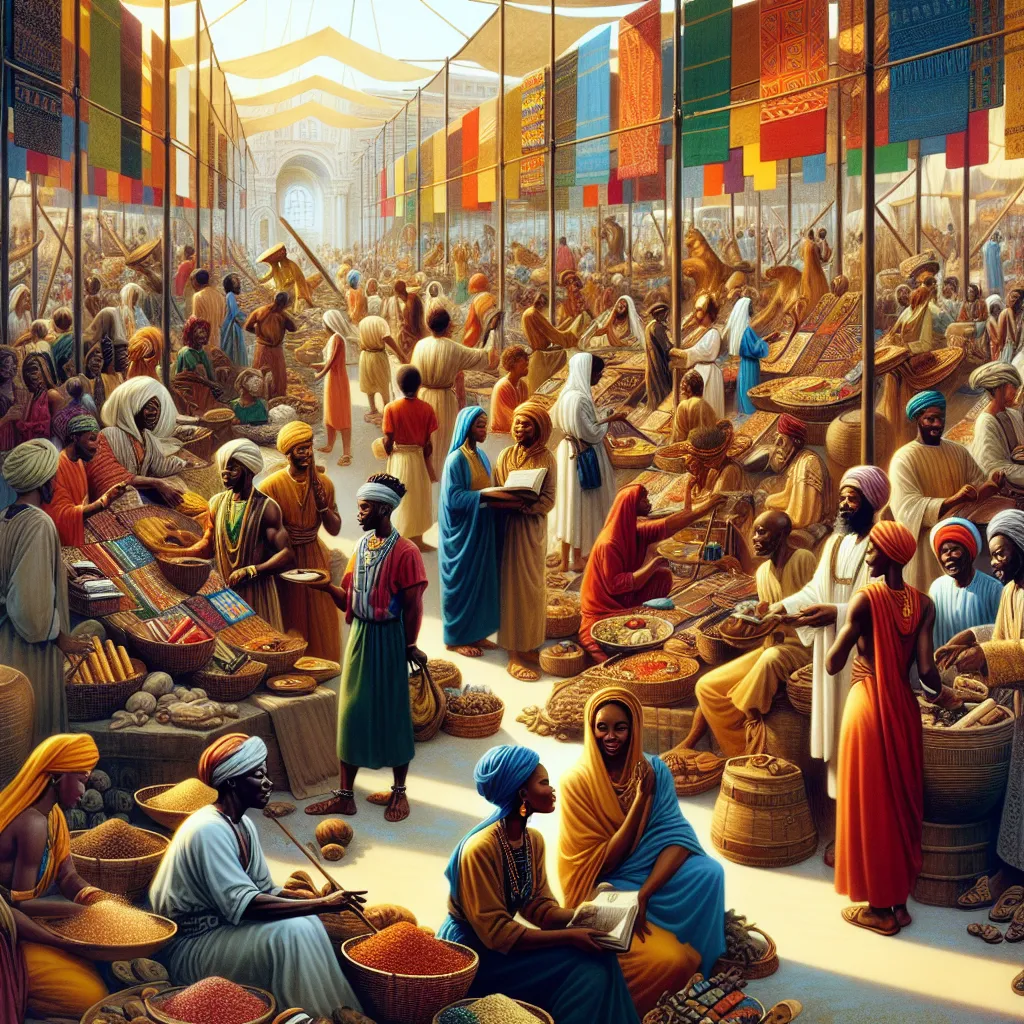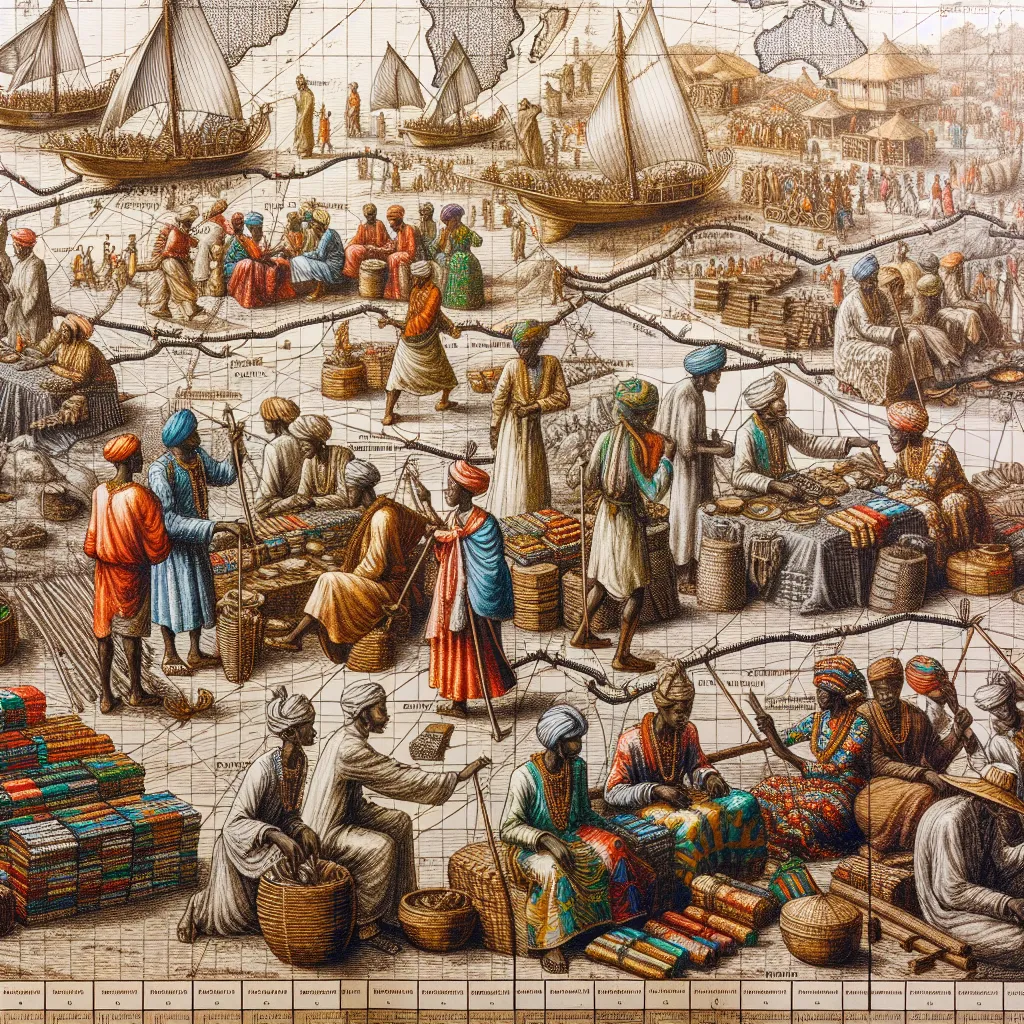Ask AI on The Internet
Question: The impact of slavery on the African continent.
The impact of slavery on the African continent has been profound and long-lasting, influencing various aspects of African societies. Here are some key points to consider: 1. **Demographic Impact**: - **Population Loss**: Millions of Africans were forcibly taken from their homeland, which significantly reduced the population in many regions. This loss of human resources had long-term consequences for population growth and economic development. - **Gender Imbalance**: The transatlantic slave trade often targeted young men, leading to a gender imbalance that disrupted traditional family structures and societal roles. 2. **Economic Impact**: - **Economic Disruption**: The loss of a large portion of the workforce hindered agricultural and industrial productivity. Many communities lost their most able-bodied members, impacting the overall economic development. - **Dependency and Underdevelopment**: The slave trade created economies that were heavily dependent on the sale of human beings, diverting focus from sustainable economic development. This fostered a legacy of economic underdevelopment and dependency. 3. **Social and Cultural Impact**: - **Social Fragmentation**: The slave trade caused the disintegration of communities and families, and led to the breakdown of social cohesion. Many cultural practices and traditions were lost or transformed. - **Cultural Exchange**: While largely traumatic, the forced migration of Africans also facilitated cultural exchange and the diaspora, influencing music, religion, language, and other cultural aspects in different parts of the world. 4. **Political Impact**: - **Political Instability**: The slave trade fueled violence and warfare between different African states and communities as they captured and sold prisoners to European traders. This led to long-term political instability and weakened state structures. - **Colonial Exploitation**: The destabilization caused by the slave trade made it easier for European powers to later colonize large parts of the African continent. Colonization further exploited and oppressed African societies, leading to lasting political and economic challenges. 5. **Psychological Impact**: - **Trauma**: The brutality and inhumanity of slavery left deep psychological scars on the survivors, their descendants, and their communities. It instilled long-lasting trauma that has been passed down through generations. 6. **Legacy of Inequality and Racism**: - **Racism and Discrimination**: The ideology that justified slavery contributed to the development of racist beliefs and practices that have persisted for centuries. This has had lasting implications for racial inequality and discrimination in many parts of the world. Overall, the impact of slavery on the African continent has been extensive and multifaceted, leaving a legacy that continues to affect African countries and communities to this day. Addressing these historical injustices requires ongoing efforts in education, economic development, and social reconciliation.
Think your answer is better than the AI's? Post it below.
Other Most Relevant Posts:
Question Tags
If you want your question answered by an AI, click here.







Post your own comment: